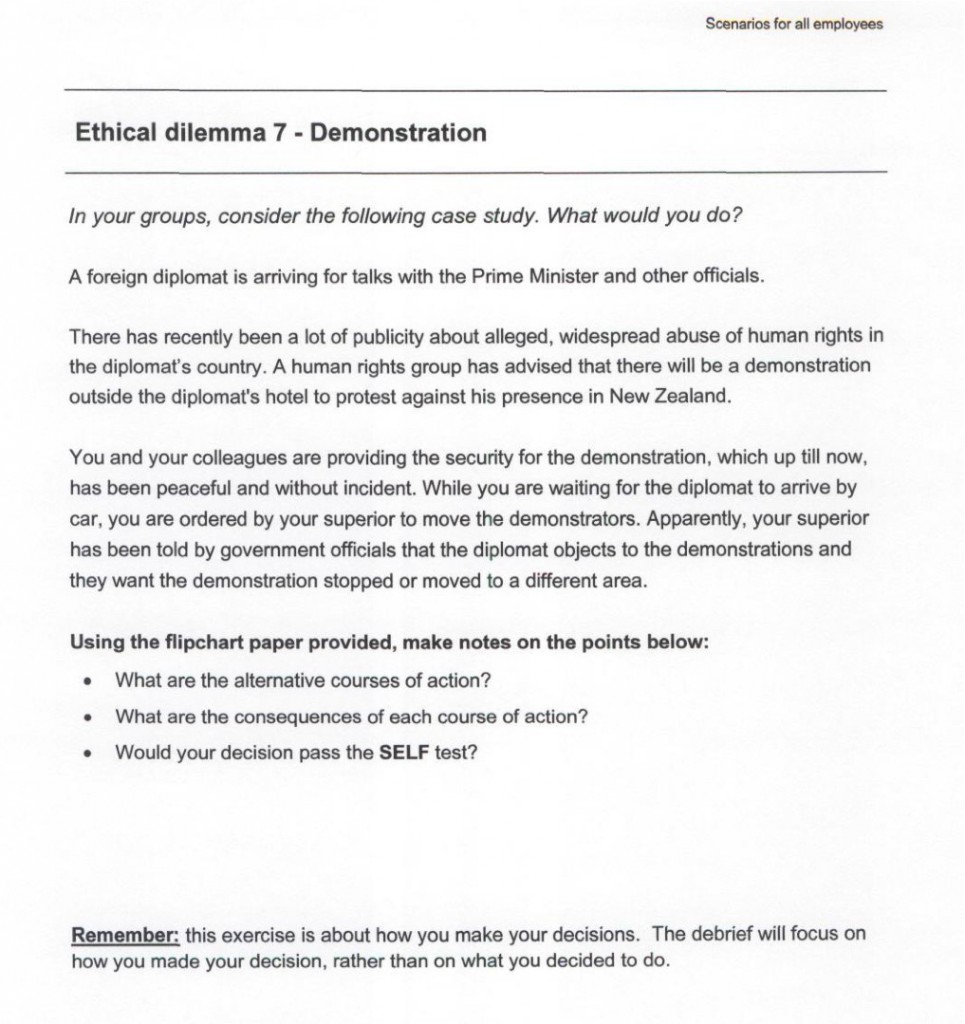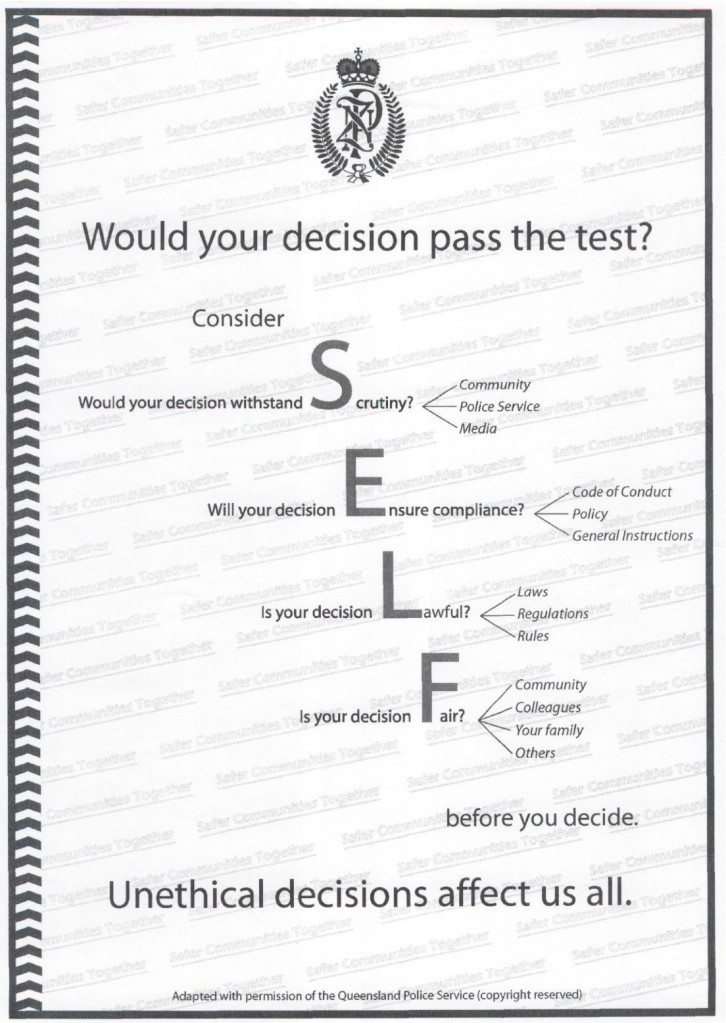On this blog it is likely that, from time to time, the authors and commenters will criticise government policy, speeches, and political tactics.
We would like to reassert that this is neither explicit nor implicit consent to release any private information about the authors or commenters that is held by any government agency, minister’s office, local government organisation, political party, or any other person, organisation or agency.
For the purposes of clarification this non-consent includes, but is not limited to, the following information:
- benefit status or history;
- family status or history;
- ACC status or history;
- health status or history – including information held by DHBs, PHOs, central government agencies and private providers whether directly or indirectly contracted by the state;
- interactions with justice or law enforcement – including complaints, interviews, interactions, documents supplied;
- employment status or history;
- any grants applied for or received; and
- tax payments, status or history.
In addition we would like to restate that posting or commenting here does not give implicit or explicit consent for any private information held about any author or commenter to be used for a purpose other than the purpose for which is was supplied. This non-consent includes, but is not limited to, the reuse of personal information for political purposes.
[Update after r0b’s comment – any other blogger or author of any internet or other commentary or correspondence critical of the government is welcome to reproduce this with or without alteration]


